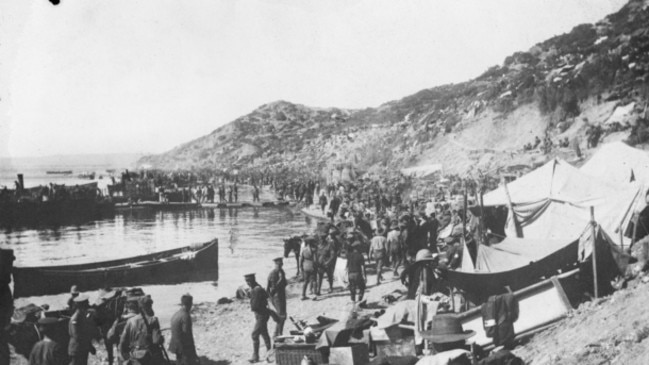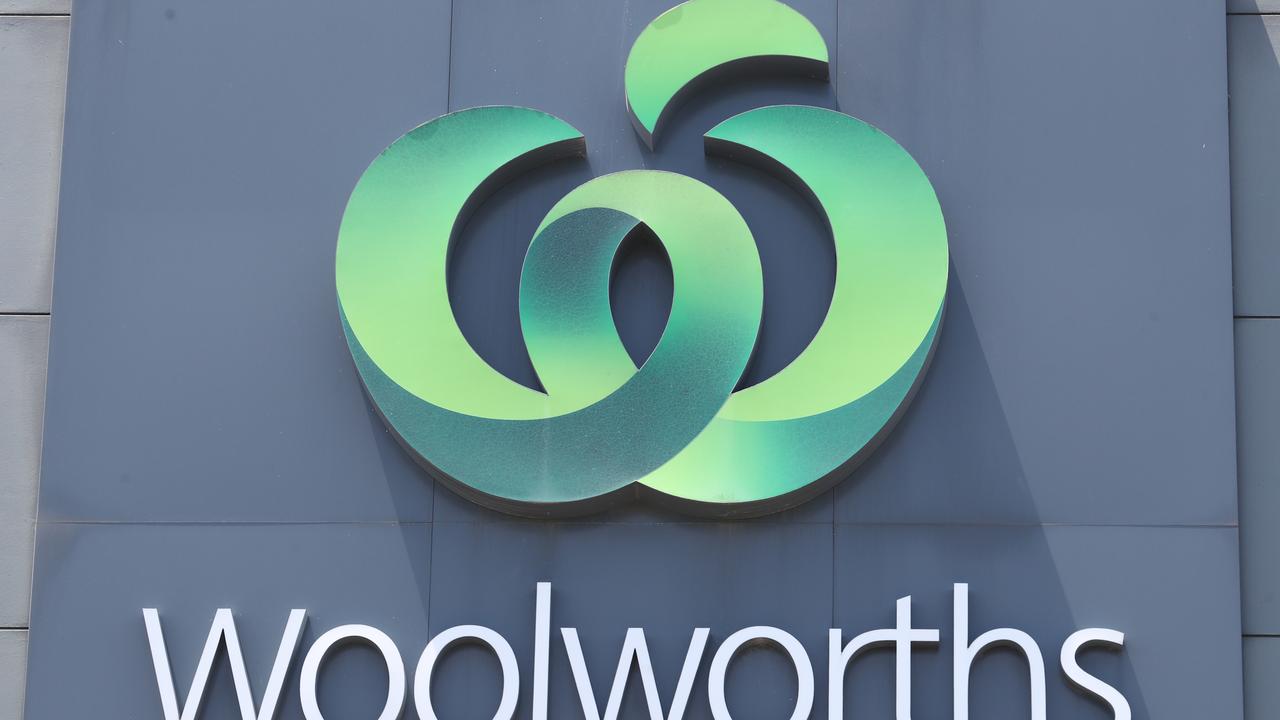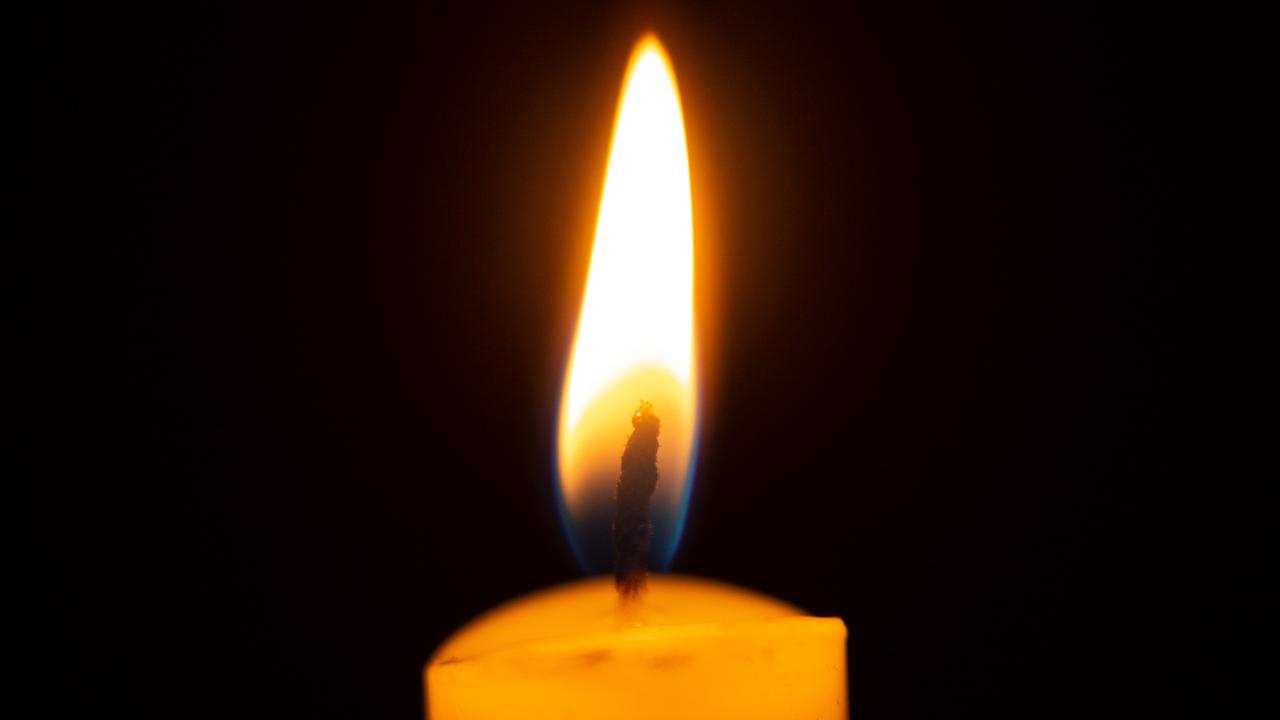Resurgent Anzac Day one of Australia’s most important anniversaries
ANZAC Day has become one of Australia’s most treasured national anniversaries, but its public appeal was considered on the wane not so long ago.

ANZAC Centenary
Don't miss out on the headlines from ANZAC Centenary. Followed categories will be added to My News.
GIVEN the extraordinary hype surrounding the Gallipoli centenary this year, it’s hard to believe Anzac Day was thought be in decline a generation ago.
Recent research commissioned by the Herald Sun confirms that resurgence isn’t restricted to throngs of backpackers at Anzac Cove.
Of the 1212 people surveyed nationally, 93 per cent agreed it was “very important” or “somewhat important” to commemorate Anzac Day.
Seventy-three per cent said they would commemorate this Anzac Day in some way.
So why this groundswell of historical interest?
Partly, the answer lies in history itself: 86 per cent of those who said Anzac Day is important to commemorate gave a historical justification – such as, it’s important to remember the legacies of those who served Australia at war, or it represents a significant chapter in the nation’s past.
In other words, Anzac forms a critical part of Australia’s national memory. (By contrast, only 4 per cent suggested the importance of Anzac Day was to honour those currently serving in Australia’s armed forces.)
Such findings correspond with research I’ve been doing into the historical attitudes and beliefs of Australians from around the country.
In interviews with 100 people from five different communities, the commemoration of Anzac figured prominently.
Katy, a university student from outer-western Melbourne, was typical.
“I obviously have a lot of respect, for those men that march and those men that have gone,” she said.
But this interest in Anzac history isn’t only about the past.
When Graham from Sydney explained why he took part in the Dawn Service at Sydney’s Martin Place every year, he emphasised its significance to him in the present: “It means something to me,” he said.
CLICK AND ZOOM: Our interactive Anzac mosaic below features more than 27,000 Queensland soldiers who enlisted for WWI and embarked from Brisbane between 1914 and 1918. The portraits were taken by The Queenslander, a supplement to the Brisbane Courier. The main image is of Pte Leslie Raymond Arthur of Crows Nest, near Toowoomba, who lied about his age to enlist in August 1914, and was tragically killed at Gallipoli just days after his 18th birthday.
In other words, it’s the way Anzac history speaks to the experiences of people today that also helps explain its recent revival.
As the events of World War I recede into the past, beyond living memory, their commemoration is less painful and less difficult.
What’s more, as that experience of war has become easier to contemplate, it’s also become more accessible, with an ever-expanding electronic archive of sources such as personal diaries, war records and newspapers.
Australia’s commemorative resurgence is inextricably linked to a boom in grassroots family and community history.
Several commentators have also pointed out the role of successive state and federal governments in capitalising on and consolidating this popular historical interest.
Official projects have no doubt strengthened the Anzac revival, pouring hundreds of millions of dollars into teaching resources, memorials and community programs.
But, if the Centenary of Federation in 2001 is anything to go by, government spending doesn’t correlate to genuine historical connection. (Beyond recalling the name of Australia’s first prime minister can we remember anything from that anniversary?)
And it’s that connection with Anzac that’s key to understanding its resurgent place in Australian popular memory.
As Matt from Melbourne explained, “A lot of our grandparents and great-uncles (fought) and have more of a connection with more recent wars, rather than Australia being discovered and things like that.”
That overwhelming connectedness shouldn’t be mistaken for simplistic nationalism, however.
As the Herald Sun survey revealed, only about 2 per cent of respondents who agreed it was important to commemorate Anzac Day gave national identity or social cohesion as reasons for saying so.

Like the vastly different experiences of war, both on the front and at home (just think of the social, sectarian and political divisions caused by the conscription debates during WWI), there’s considerable variation in what war and its commemoration means to Australians today.
For some, Anzac Day clearly speaks to people’s pride in Australian history and identity.
As Mick from Melbourne explained, “It’s in commemoration of people who died to give us what we have today.”
But that’s not everyone’s experience. In Rockhampton, Isobel felt “ambivalent” about Anzac Day, “because my own father was at Gallipoli”.
Willa from Sydney reflected on how she had shared that day with her father, a WWI veteran, when she was a little girl, but found herself being pulled in different directions as an adult.
“I still cry on Anzac Day, I still have a very strong emotional reaction to it,” she said.
“So it’s one of those days that inspires some sort of weird nationalism and emotional response, but intellectually I have another attitude.”
Anzac Day has arguably become Australia’s most important national anniversary.
But its changing presence raises the question, what will this commemoration mean 100 years from now?
And, like so much of history, it shows that these collective moments of national memory are also deeply individual and subjective.
Anna Clark is a historian at the University of Technology Sydney
Readers can collect their own piece of military history with the launch of the official Anzac Coins collection this Sunday in the Sunday Herald Sun. The coins were produced by the Royal Australian Mint.
Originally published as Resurgent Anzac Day one of Australia’s most important anniversaries


